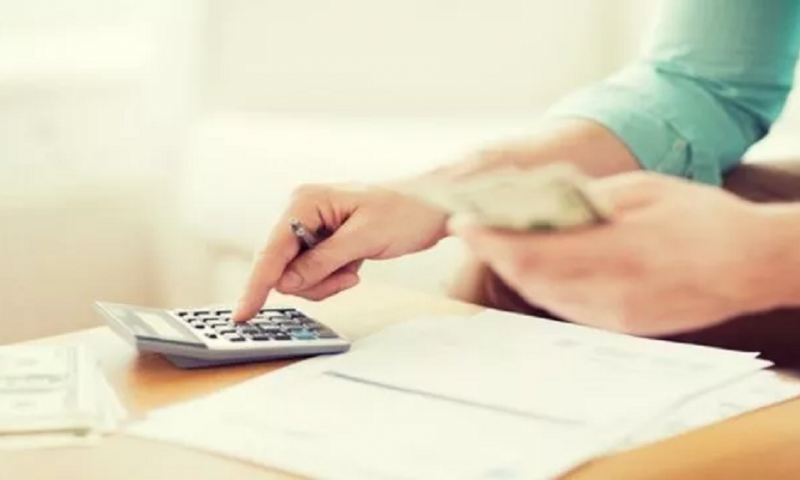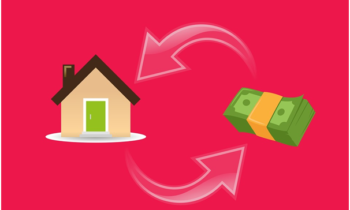What Exactly Is A Decentralized Currency?
When it comes to trading cryptocurrencies there are many benefits. Though, perhaps the benefit most touted is that much of the crypto market is decentralized. Decentralization is a good thing, right? It must be since crypto supporters are always mentioning it as a major benefit.
That any market is decentralized is a complicated and nuanced situation. There is much to be understood in regard to how trade works, and how centralization in particular works. Hence, simply calling decentralization a positive thing is enormously reductive. Although centralized and decentralized markets both have benefits, understanding what those benefits are is very important.
It should also be understood that not all crypto trade is decentralized.
What Is Centralisation?
A trade market can be centralized. Centralization means that all transactions go through a central third party, such as a bank. Traders are indeed transacting with one another, but every trade must also pass through the bank. The bank facilitates, monitors, and regulates every trade, ensuring that it progresses smoothly. The bank will also take the fees. Though, of course, banks certainly don’t limit their fees to just trade facilitation.
As is obvious, centralization isn’t necessarily a negative thing. That banks carefully regulate trade is exceptionally beneficial to everyone, maintaining control in what would otherwise be an enormously chaotic situation. Yes, banks can feel restrictive and overbearing, often slowing the pace of trade to a crawl. But the trade-off is a stable market that can mostly be relied on.
Some crypto markets are centralized, and as such are regulated. Handy sites like Bitcoin Codes give insight into which cryptos are and aren’t centralized.
What Is Decentralised?
Decentralisation is, simply put, removing the bank from a trading market. If buyers and sellers are dealing directly with one another this is decentralization. Selling a car directly to a neighbor would be decentralized trade.
So what are the benefits of decentralized trade? Firstly the deal will be dramatically faster, far less restricted, and not be subject to any fees. Great benefits that virtually any trader can get behind.
On the other hand, no third-party moderator will be at hand to resolve any issues. What if the trade doesn’t go according to plan? What if a trader tries to pull a scam or is otherwise not reliable? Clearly, as much as decentralization is positive it can also be negative.
Crypto Is Extremely Flexible
It is an enormous misconception to think that all crypto trade is decentralized. While the currencies can indeed be traded in decentralized markets, there is also a large portion of the market that is fully centralized.
The most exciting part about cryptos is that they are, by their very nature, extremely flexible. Traders can switch between one market and another as they see fit, depending on their preferences. This flexibility is what makes the whole concept so appealing, and why traders are so excited about it. Unlike fiat currency, crypto can be used exactly as a trader prefers. It is all a matter of smart traders embracing freedom, making smart investments, and thriving.

















